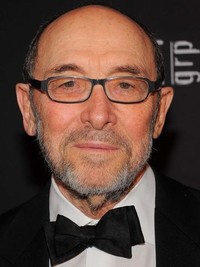Albert Wolsky

After working for nearly a decade as a travel agent, Albert Wolsky decided to follow his dream and pursue a career which married his interests in theater and fashion. He began his career creating costumes for a number of stage productions including "Generation" (1964) and the musical "Your Own Thing" (1968-69). Wolsky entered films with "The Heart Is a Lonely Hunter" (1968) and first garnered notice for "Lenny" (1974), directed by Bob Fosse. He went on to create the costumes for Fosse's "All That Jazz" (1979), which brought him his first Oscar, and "Star 80" (1983). Wolsky has had a long working relationship with Paul Mazursky that began with "Harry and Tonto" (1974) and has encompassed his recreation of 40s and 50s New York ("Next Stop, Greenwich Village" 1976; "Enemies, A Love Story" 1989). While he has generally specialized in contemporary clothing, he has also designed a number of successful period films, ranging from the 50s high school look of "Grease" (1978) to the highly stylized 40s costumes of "Bugsy" (1991), for which he earned his second Academy Award. More recently, Wolsky handled the look of contemporary China in "Red Corner" and the chameleon changes for Bruce Willis in "The Jackal" (both 1997).